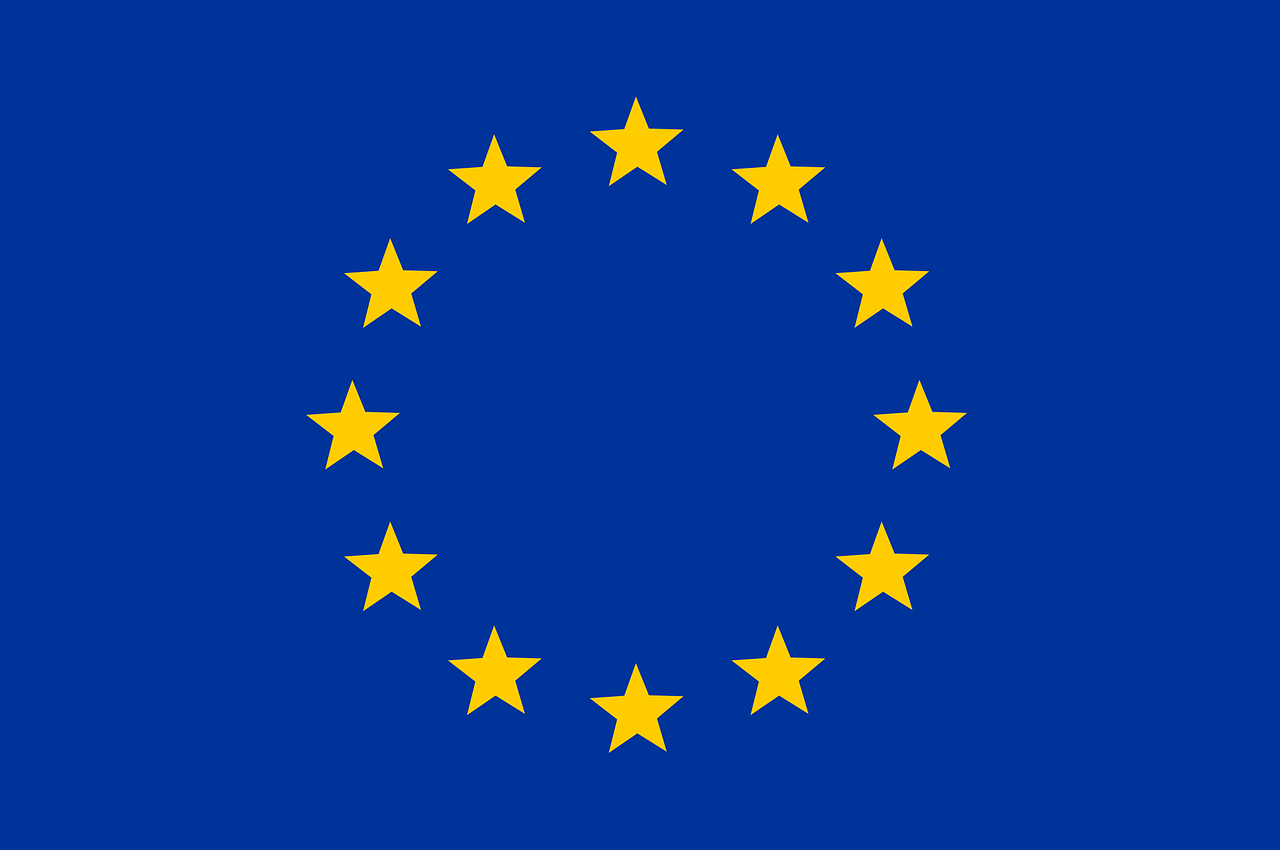
403
Sorry!!
Error! We're sorry, but the page you were looking for doesn't exist.
EU’s Sanctions Against Russia Take Effect
(MENAFN) The European Union has officially implemented its 18th sanctions package against Russia, which targets Moscow’s energy and banking industries, in response to the ongoing conflict in Ukraine.
The EU confirmed the enactment of these new measures after the related regulations were published in the EU’s Official Journal on Saturday.
This sanctions package was adopted by the 27-member bloc on Friday, following Slovakia’s initial opposition.
Slovakia had expressed concerns but received assurances from the European Commission regarding the continued availability of gas and oil supplies, which led to the country’s eventual agreement to the measures.
The sanctions impose a ban on transactions involving 22 additional Russian banks, as well as the Russian Direct Investment Fund (RDIF).
The use of the Nord Stream gas pipelines, which were severely damaged by underwater explosions in 2022 and remain non-functional, has also been prohibited.
Anatoly Aksakov, the head of the Russian parliament's Committee on Financial Markets, commented on the new EU restrictions in an interview with a news agency on Friday, dismissing them as “fluctuations of air.”
Aksakov added that even mid-sized and smaller Russian financial institutions had long prepared for the possibility of being cut off from the Western SWIFT banking systems.
Despite the sanctions, Russia’s Yandex Bank and Ozon Bank, both of which were affected by the new restrictions, assured the public on Saturday that their operations remain unaffected by these latest measures.
The EU confirmed the enactment of these new measures after the related regulations were published in the EU’s Official Journal on Saturday.
This sanctions package was adopted by the 27-member bloc on Friday, following Slovakia’s initial opposition.
Slovakia had expressed concerns but received assurances from the European Commission regarding the continued availability of gas and oil supplies, which led to the country’s eventual agreement to the measures.
The sanctions impose a ban on transactions involving 22 additional Russian banks, as well as the Russian Direct Investment Fund (RDIF).
The use of the Nord Stream gas pipelines, which were severely damaged by underwater explosions in 2022 and remain non-functional, has also been prohibited.
Anatoly Aksakov, the head of the Russian parliament's Committee on Financial Markets, commented on the new EU restrictions in an interview with a news agency on Friday, dismissing them as “fluctuations of air.”
Aksakov added that even mid-sized and smaller Russian financial institutions had long prepared for the possibility of being cut off from the Western SWIFT banking systems.
Despite the sanctions, Russia’s Yandex Bank and Ozon Bank, both of which were affected by the new restrictions, assured the public on Saturday that their operations remain unaffected by these latest measures.

Legal Disclaimer:
MENAFN provides the
information “as is” without warranty of any kind. We do not accept
any responsibility or liability for the accuracy, content, images,
videos, licenses, completeness, legality, or reliability of the information
contained in this article. If you have any complaints or copyright
issues related to this article, kindly contact the provider above.


















Comments
No comment